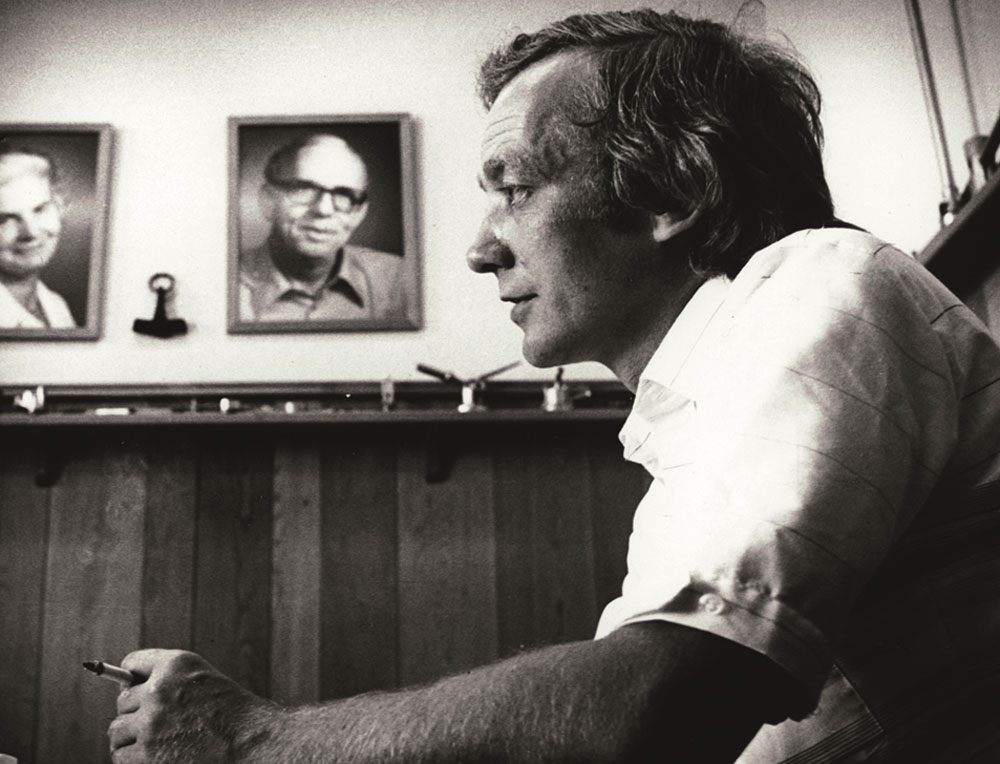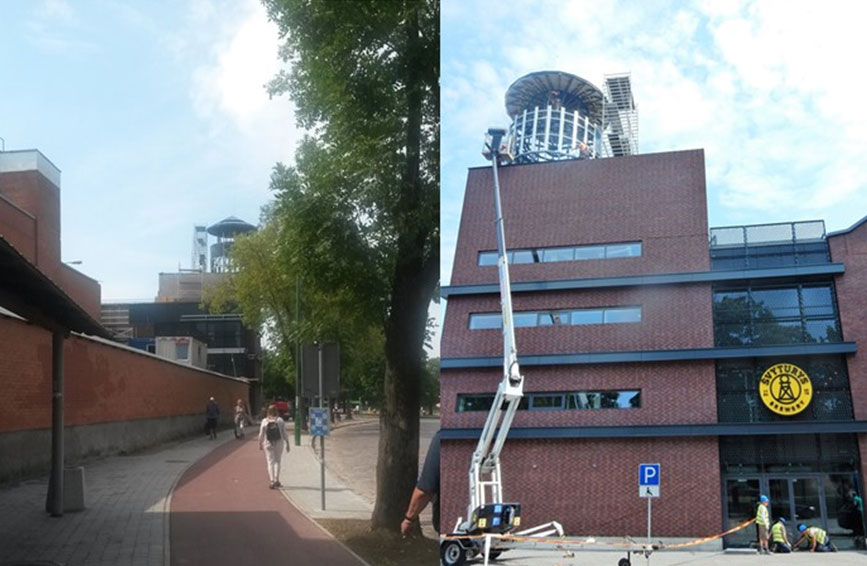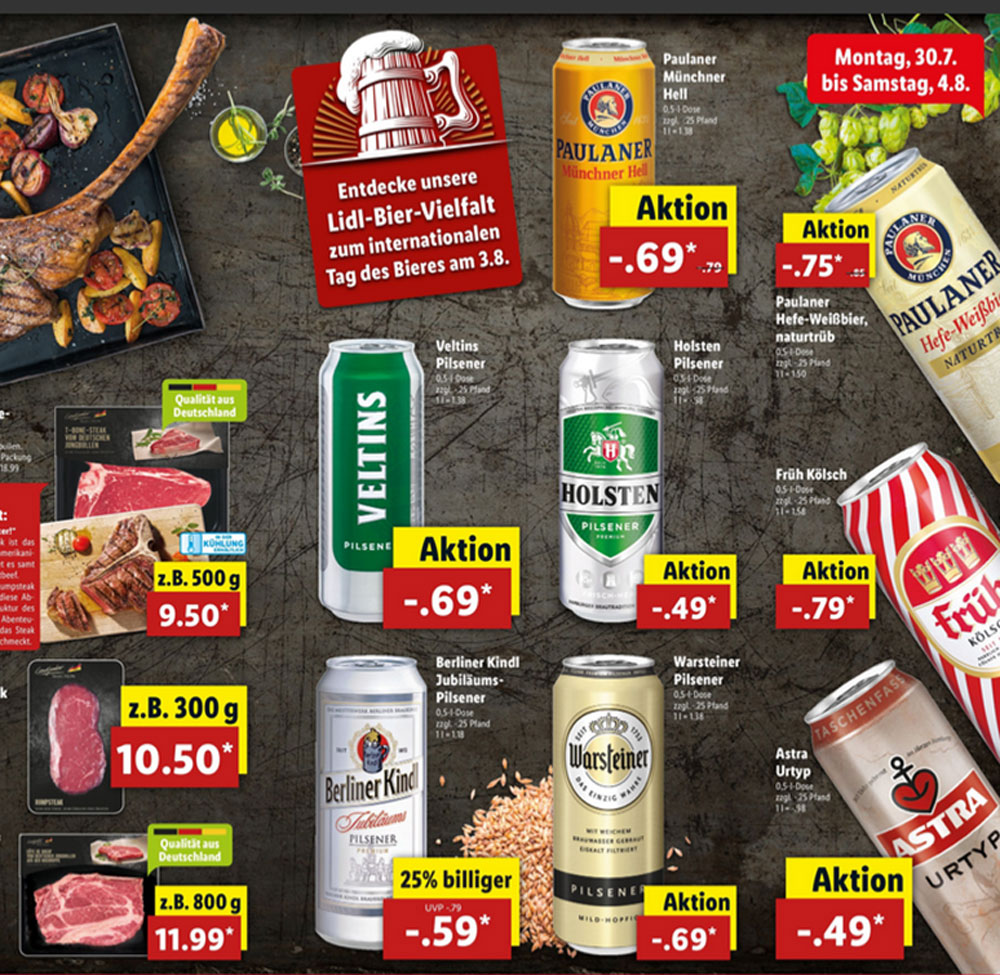The Brewers of Europe announced on July 9, 2018 that it is stepping up its voluntary commitment on consumer information, recommending to all breweries to list ingredients and calories on the labels of pre-pack containers.
Never trust a press release. Ring and inquire in person. It could save you a fool’s errand. When travelling around the Baltics in July, I decided to pay the new Brooklyn-Carlsberg venture at the Svyturys brewery in Klaipeda a visit. I even went so far as to promise my travel companions an evening of free beer and food. After all, the craft brewery’s opening had been confirmed by both Carlsberg and Brooklyn.
How bizarre. While brewers unfetteredly revolutionise consumers’ understanding of what is a beer by launching weird concoctions, the UK’s gin distillers go the other way and worry about what is gin – and how can they protect it. Spearheading the conservative campaign is the London gin distillery Hayman’s, a family-owned distillery (since 1862) which is located in Balham, South London.
Climate change? Then let’s have more of it if it helps German brewers hike sales. However, brewers are desperate. Unforeseen demand has caused a shortage of empties in the market.
Perhaps it was just as well that the Brewers of Europe, a lobby group representing 29 national associations, chose Brussels as the location for its first Forum (7-8 June 2018) to discuss “Beer and Beyond” in 40 seminars. Being home to the European Parliament, Brussels is known for its passionate and controversial political debates. Although ever so civilly, the antagonisms determining relations among Europe’s 8,500 brewers also came to the fore at the two-day forum, which was attended by an estimated 700 delegates.
Heineken’s effort to expand in Brazil, where AB-InBev is the market leader, has put pressure on its margins during the first half of 2018, it was reported on 30 July 2018. Heineken said its beer volumes increased 4.5 percent from January to June, with Europe the only region to see a decline, though the amount it was earning per hl fell 8.2 percent.
In an effort to grow sales and cut costs, AB-InBev announced that it has streamlined its global management structure. Instead of being split into nine geographical zones, the brewer is to shift to only six, the company said on 26 July 2018. What is more, the restructuring will also combine ZX Ventures, a separate unit established in 2015 to buy craft breweries and create products for evolving consumer demands, with its marketing branch. ZX Ventures is said to remain independent, though.
According to the latest annual Barth report, which was released on 30 July 2018, global beer output in 2017 rose by only 1.2 million hl and has stagnated at just below two billion hl since 2012.
Is there a reason why Co.Br.Ha, under which the Haacht brewery is listed, has seen its share price skyrocket in merely one week? During the last week in June 2018 it picked up over EUR 300 per share to reach EUR 4,820 (USD 5,630), thus continuing its rally that began in December 2017 when the share price was only EUR 3,700.
What’s different this time? When Heineken bought into London’s Brixton brewery last year, the usually vocal commentariat kept quiet. After London’s craft brewer Beavertown announced the sale of a minority stake to Heineken on 21 June 2018, all hell broke loose. Well, not quite. But many breweries and fans took to the internet to voice their disappointment. In fact, hours after the deal was announced, Manchester’s craft brewer Cloudwater wrote on Twitter that it will not be attending the annual Beavertown Extravaganza event to be held on 7 and 8 September 2018 in London.





